The camera glides through the girls’ locker room. The girls are in various states of undress; steam from the shower creates a dreamlike quality, shrouding the scene, fogging up the lens. The camera pushes in on Carrie (Sissy Spacek) as she rubs herself with soap. It focuses on various parts of her naked body, before settling on a close up of her thighs. It lingers for longer than is comfortable as water trickles between her legs. Then, the water turns to blood. Pino Donaggio’s sensual score starts screeching as Brian De Palma perverts the male gaze, slashing the male fantasy of female representation by showing them something they will never fully understand: menstruation. The scene becomes horrific and is indicative of Carrie, Brian De Palma’s adaptation of Stephen King’s debut novel, a film whose horror lies in the director’s repeated attempts of rupturing film fantasy.
With It seemingly scaring up a massive opening weekend, it is an ideal time for articles on Stephen King adaptations (timeliness equals hits, normally) and Carrie remains one of the best adaptations because of how it grounds fantasy in reality. We are not scared of Carrie because of what she can do. We are scared of Carrie because we could be her. Everyone fears being picked on, being ridiculed, and everyone dreams they’d hit back at their bullies. Carrie, with her telekinetic powers, has the power to fight back, but she chooses not to. She massacres the student body only when the bullying gets too much.
At the Prom De Palma interrupts Carrie’s, and our, dreams. The soft lighting when she becomes Prom Queen turns sharp as she kills everyone in her path, even the “nice” gym teacher gets chopped in two. The murderous rampage shies away from gratuity, and, whether or not this is because of the limitations of the time, it helps makes the film feel real. The car crash looks like something you’d see on the news, it looks mundane.
While comparing films is a cheap form of criticism, Kimberly Peirce’s adequate 2013 re-imagining leans heavily into fantasy. Her car crash is a drawn out experience, captured in slow motion with more blood, and that’s saying something. It’s overt popcorn horror actually makes the film less scary, and even though 2013 Carrie’s powers are more empowering as she actively hones them and enjoys her revenge, it lacks the emotional resonance of someone exploding when they’ve been pushed too far. Peirce’s third-act horrors are how we think we would act in her situation. De Palma’s restrained third-act horrors are how we would act.
Carrie is as grounded in reality as a film featuring telekinesis can be. Carrie’s telekinetic bursts are surprising because they are not the story, they are the fantastical punctuation marks in her toxic reality. The story is concerned with bullying, sex education (lack of), and patriarchal domination; timeless themes and problems we still haven’t solved in the 41 years since the film entered cinemas. De Palma shows a filmmaking intelligence missing from most horror movies. He creates a terrifying film from skipping blood and jump scares, instead focusing on twisting fantasy moments and film language. The male gaze, a staple of most movies, is amped up to softcore porn levels before reality interrupts the fantasy with a trickle of blood.
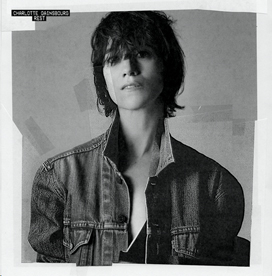 Charlotte Gainsbourg's upcoming album, Rest, will be released November 17th. According to Under The Radar's Christopher Roberts, while the title track was produced by Daft Punk's Guy-Manuel de Homem-Christo, the rest of the album was produced by SebastiAn. Roberts writes, "A press release says Gainsbourg and SebastiAn were inspired by the music of Giorgio Moroder, as well as various movie soundtracks, 'particularly Pino Donaggio's score for Brian De Palma's '70s horror classic Carrie, Georges Delerue's music for Jean-Luc Godard's nouvelle vague masterpiece Le Mépris, as well as the unsettling ambience of films like Stanley Kubrick's The Shining and Hitchcock's Rebecca.'"
Charlotte Gainsbourg's upcoming album, Rest, will be released November 17th. According to Under The Radar's Christopher Roberts, while the title track was produced by Daft Punk's Guy-Manuel de Homem-Christo, the rest of the album was produced by SebastiAn. Roberts writes, "A press release says Gainsbourg and SebastiAn were inspired by the music of Giorgio Moroder, as well as various movie soundtracks, 'particularly Pino Donaggio's score for Brian De Palma's '70s horror classic Carrie, Georges Delerue's music for Jean-Luc Godard's nouvelle vague masterpiece Le Mépris, as well as the unsettling ambience of films like Stanley Kubrick's The Shining and Hitchcock's Rebecca.'"




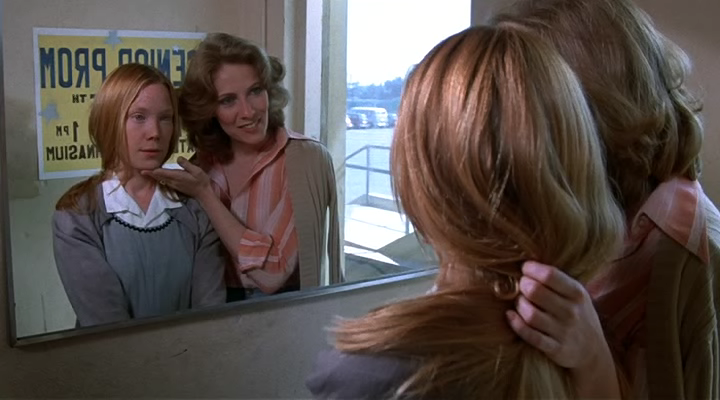
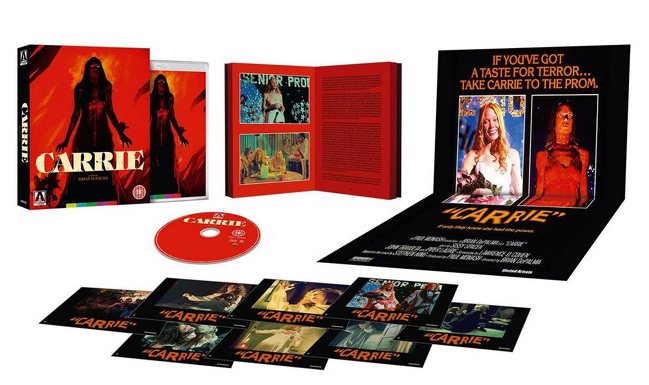
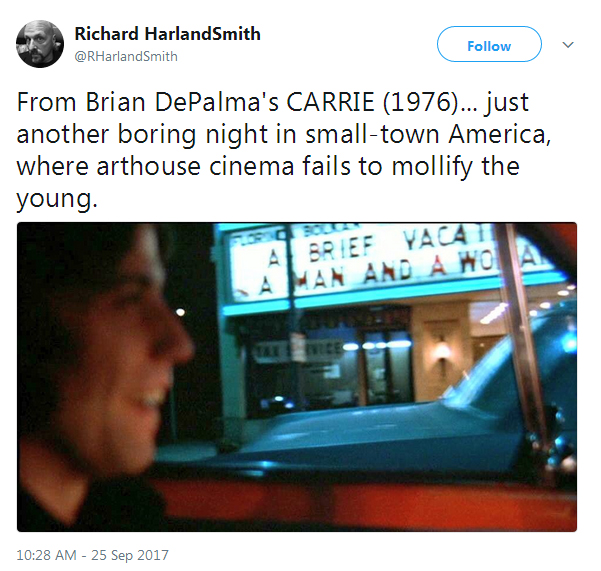
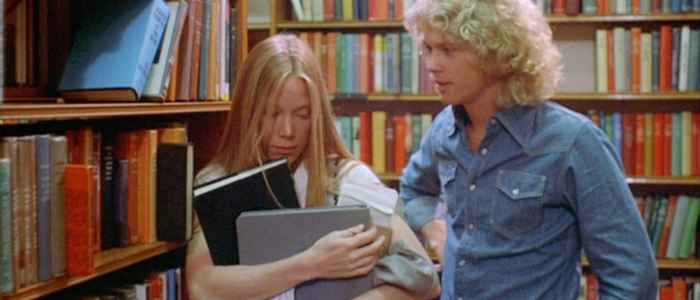

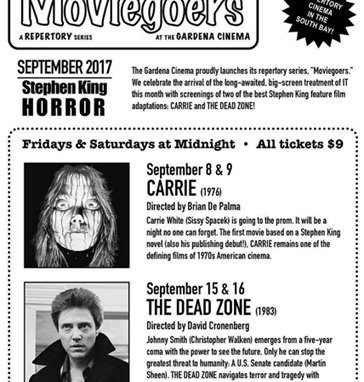
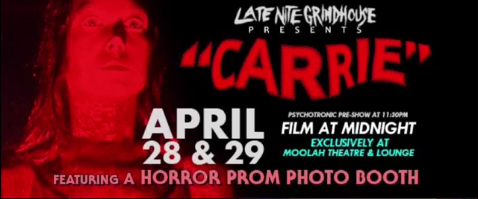
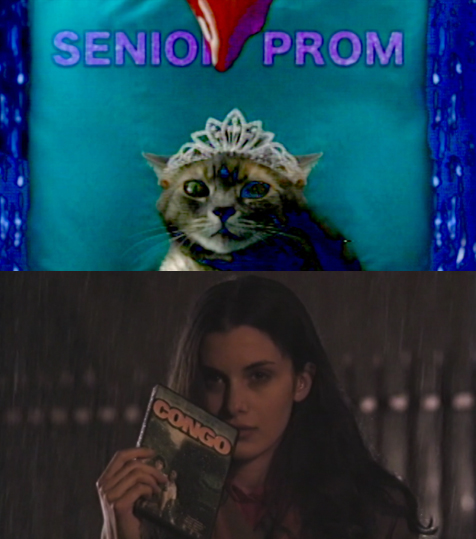
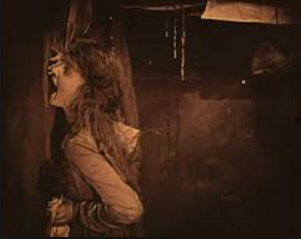 Piper Laurie will be on hand at the
Piper Laurie will be on hand at the